At-a-Glance Schedule
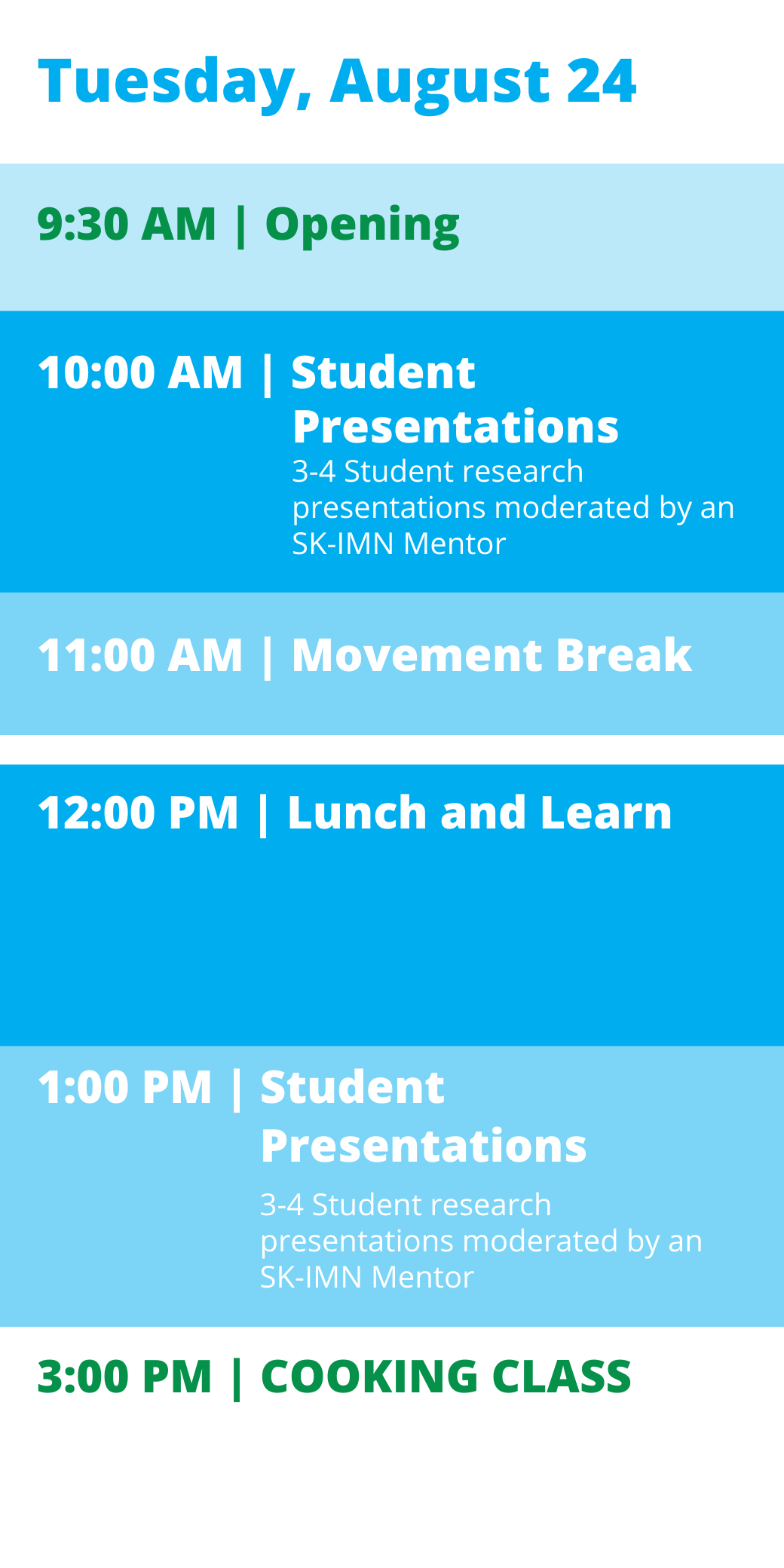
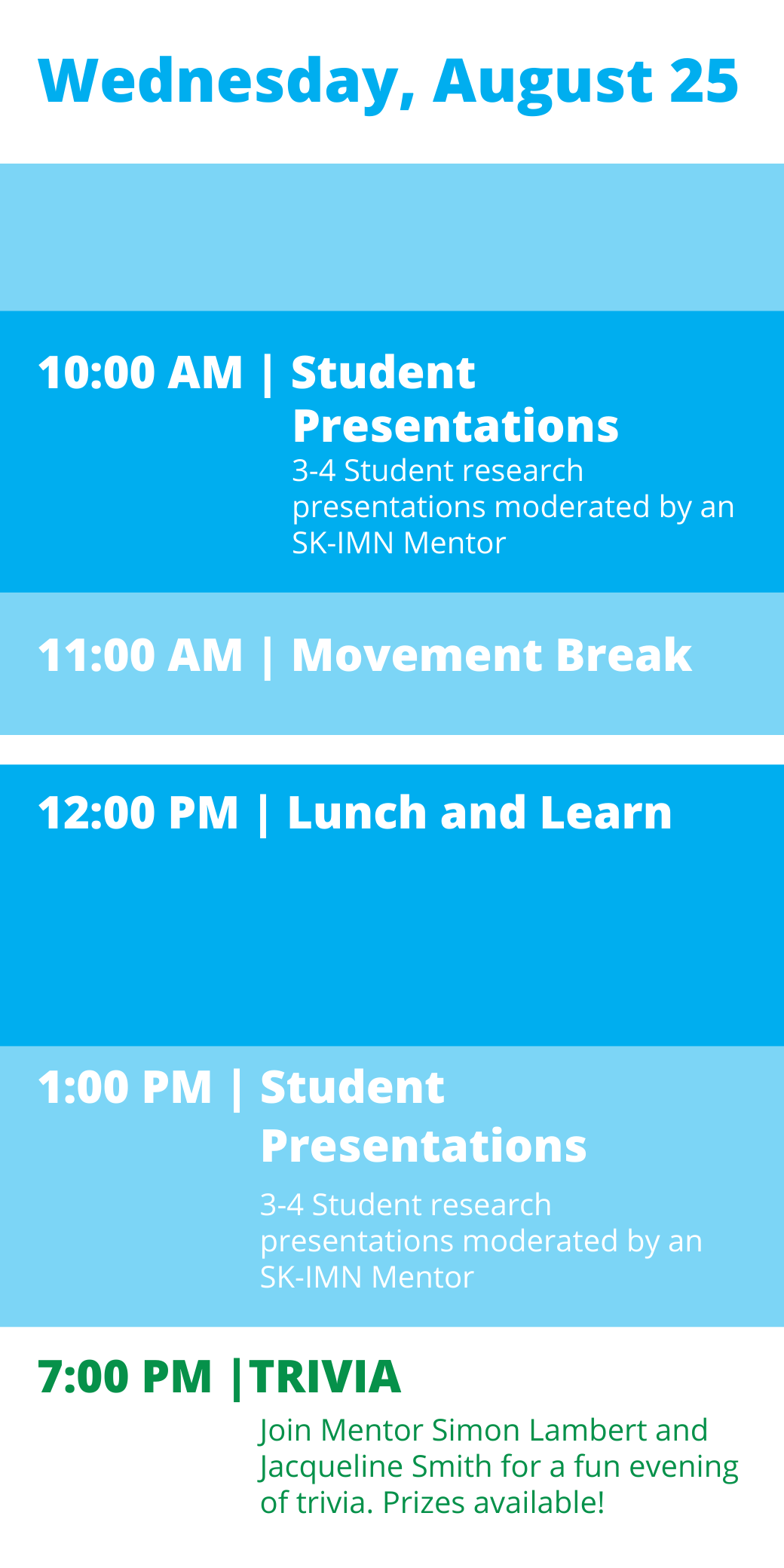
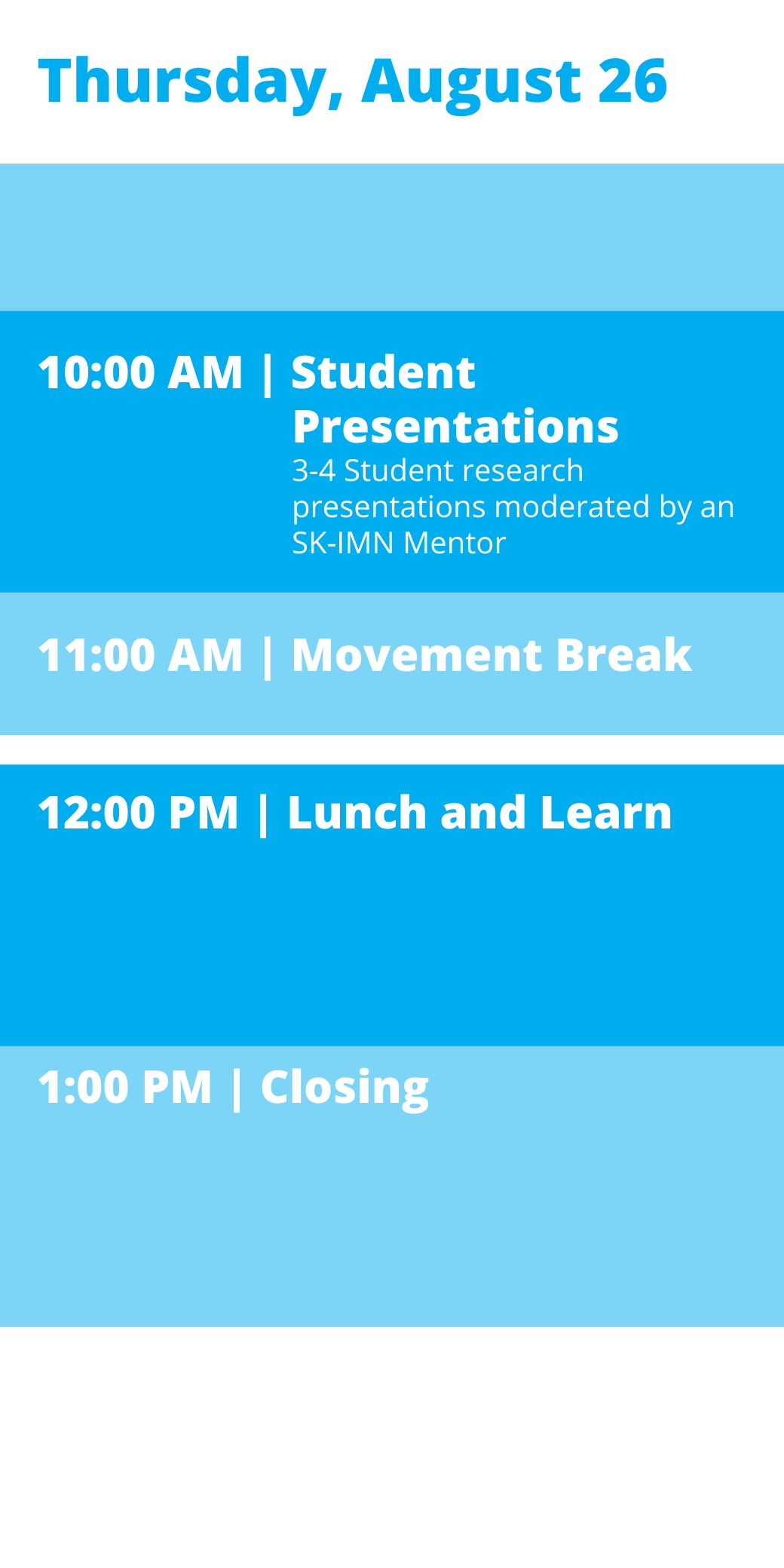
Detailed Schedule
Tuesday, August 24, 2021
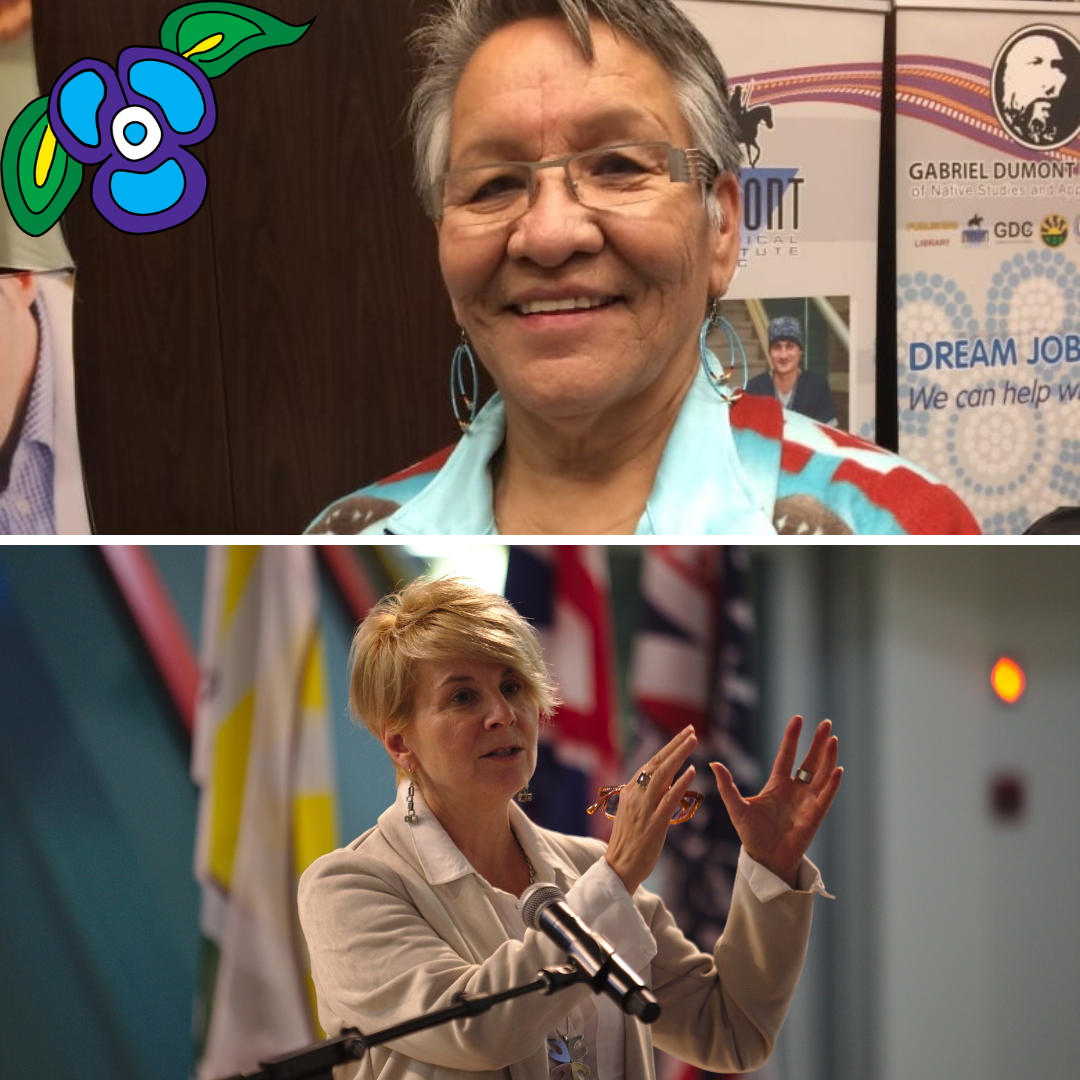
Welcome
Join Knowledge Keeper Judy Pelly and Dr. Caroline Tait as we start off our online Gathering in a good way before the first student presentations at 10:00 AM.
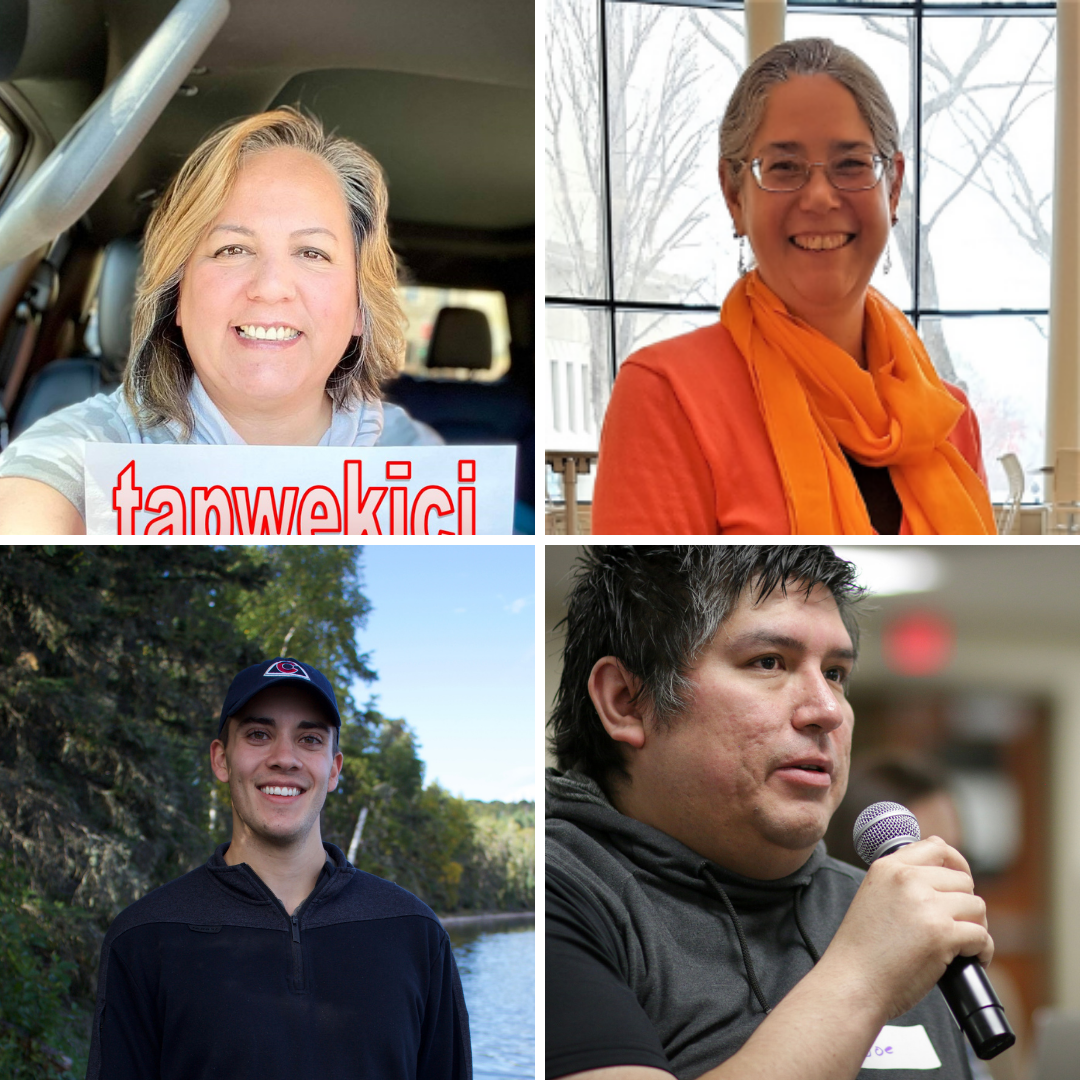
Mentor Moderator: Dr. Robert Henry, Indigenous Studies
Research Presentation
Bridgette Stephanie Thomas, Masters student, Indigenous Social Work (First Nations University of Canada/U of R)
“Addressing Lateral Violence in the Workplace: Cree literature, Wetiko legal principles, and Saskatchewan Occupational Health and Safety.”
Tara Million, PhD Student at Department of Indigenous Studies, University of Saskatchewan
“Indigenous Pre-surgical Pathway”
Jory Meyer, Masters of Rehabilitation Science student, University of Saskatchewan
"The Role of T-Type Ca2+ Channels in Sensory Neuron Abnormalities During Early Hyperglycemia"
Joseph Neapetung, PhD Student in Anatomy, Biology, and Pharmacology, University of Saskatchewan
 |
Dr. Robert Henry Assistant Professor | Department of Indigenous Studies
|
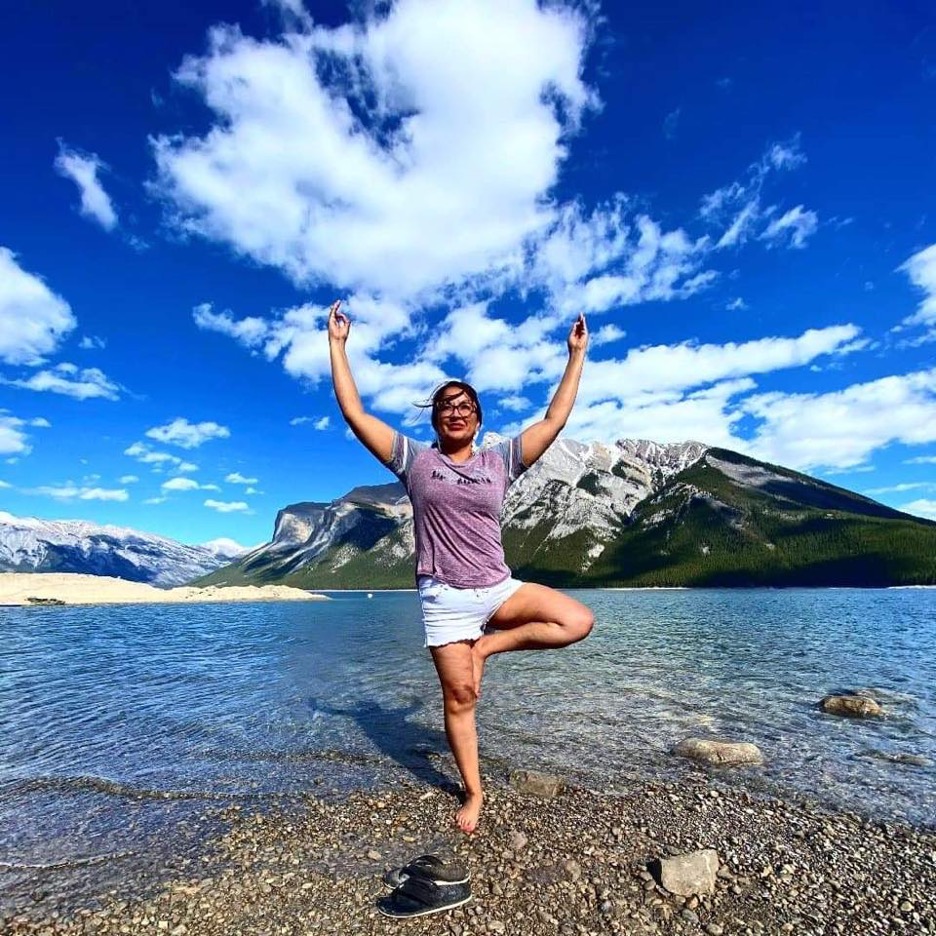
Join Indigenous Studies PhD student Jenny Gardipy for 30 minutes of guided yoga focusing on the neck, shoulders, and breath work. Participants would benefit from a yoga mat, chair (optional), yoga blocks (optional).
About Jenny: Jenny Gardipy is a mother of six and Kokom of four from Beardy's and Okemasis First Nation in Treaty 6 Territory. Jenny is currently a PhD student in the Indigenous Studies Department at the University of Saskatchewan. Jenny received her 200-hour Yoga Training from the Saskatchewan Indigenous Yoga Association in August, 2019. Jenny started practicing yoga in 2017 as a result of an autoimmune disease and her unwillingness to go on more opioids. Jenny was close to 240 pounds prior to her first yoga class. Jenny believes yoga has saved her life.
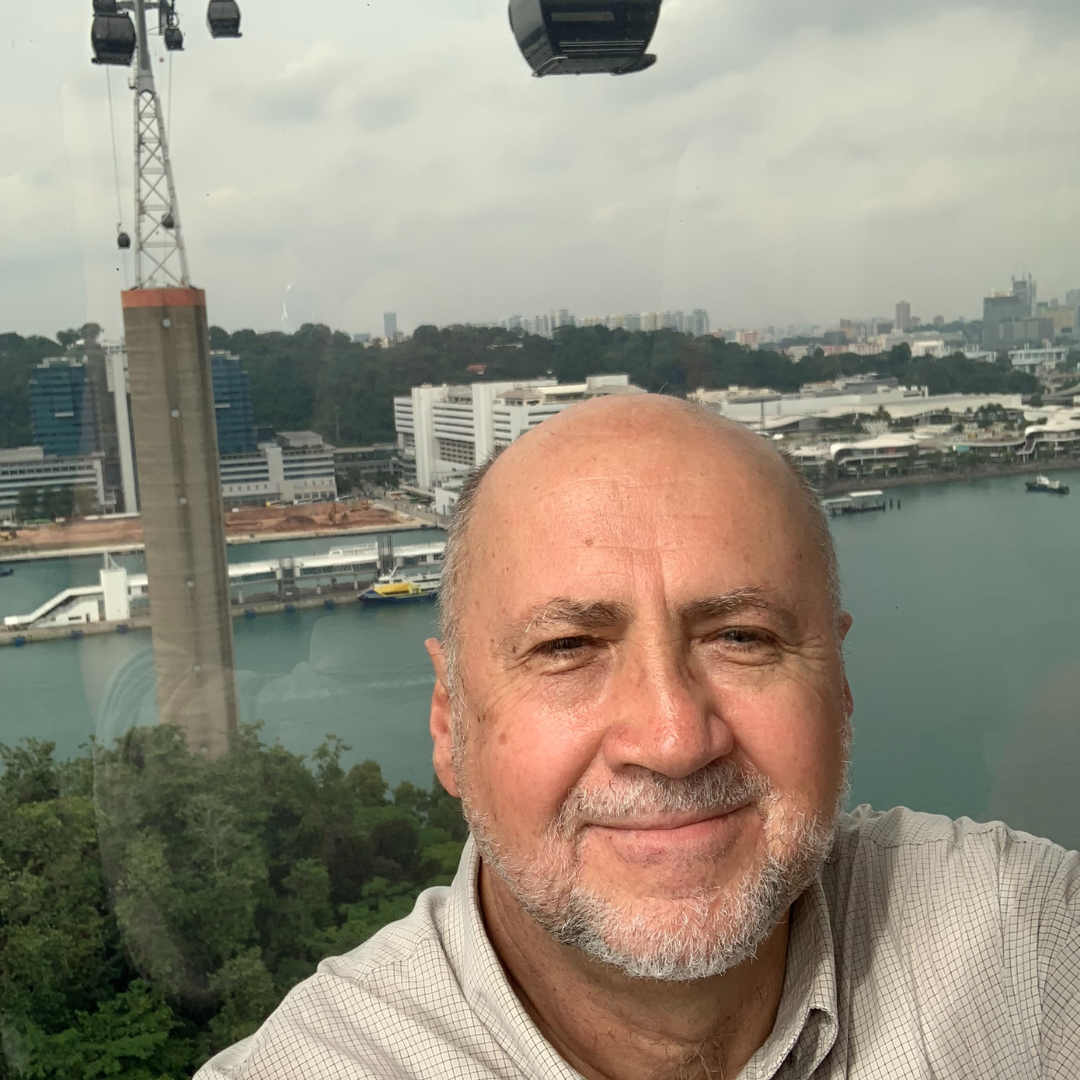
Ones who never came back: Building bridges of understanding with a transgenerational family approach
Suicide and Intergenerational Transmission of Trauma: Some Political Roots of Suicide.
The effects of unresolved trauma can be carried across generations through different pathways: psychological, physiological, cultural, social… We will concentrate on the psychological level, with a focus on how individual development, conjugal relationships and family dynamics can be burdened by the consequences of “unresolvable, colonization related” traumatic losses in prior generations.
This presentation looks at a few situations where a family is affected by suicide today while having lost a family member through institutions like hospital, residential school or lack of justice two, three, four generations ago…
Situations where families were left uninformed and powerless: the acknowledgment of their loss often denied and the context to allow bereavement stolen from them.
We will describe few family interventions referring to a Transgenerational Analysis Model as part of a team process involving individual, family, extended family and community.
Speaker: Dr. Normand D'Aragon
Normand has been working as a registered psychologist in Quebec since 1983. He has been involved as a practitioner and trainer in a number of First Nations and Inuit communities of Northern Quebec for over 25 years. In 2001, he co-founded the First Nations and Inuit Suicide Prevention Association of Quebec and Labrador where he acted as executive director until 2012. He coordinated the annual conference DIALOGUE FOR LIFE for 10 years. Along the years, Teachings from Elders, cultural practices and ceremonies became the most important parts of this learning and healing journey.
In his clinical practice with persons at risk of suicide or families struggling with traumatic grief, he has been using a transgenerational analysis model taking into account the family history in its social, cultural and political context. He has made a number of presentations about this approach in Canada and Aotearoa New Zealand.
Normand has been a board member of the Native Mental Health Association of Canada, renamed in recent years as FIRST PEOPLES WELLNESS CIRCLE and also the Canadian Association for Suicide Prevention.
Through his commitment to life promotion as a helper but also through his own healing journey, he hopes to honor all his relatives and in a special way, the memory and the legacy of the First Nations ancestors who are part of his genealogy. He is proud to have been adopted in the Innu nation in Quebec and in the Maori nation of Aotearoa (New Zealand).
normand.daragon@gmail.com
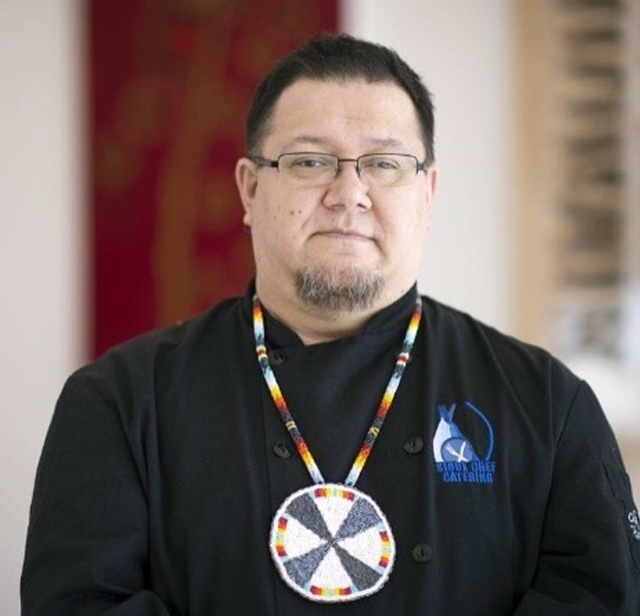
3:00 - 5:30 PM
Menu:
Roast duck, wild rice salad, and sautéed peppers
Ingredients provided to participants.
Dickie Yuzicapi is the owner of The Sioux Chef Catering Company which is celebrating over twenty years of business. Dickie has had an interest in cooking ever since he was a child. His grandmother, Flora Yuzicapi, who was also a chef, passed many recipes on to him, still used today. Dickie Yuzicapi comes from a culturally diverse heritage, Ojibwa, Cree, Métis and Dakota.
After years of catering and running restaurants, establishing The Sioux Chef Catering Company in Regina was priority for Dickie. He has also written food columns for magazines, teaches hospitality courses, and consults on menu development for restaurants and hotels.
Wednesday, August 25

Mentor Moderator: Dr. Simon Lambert, Indigenous Studies
“Beardy’s & Okemasis First Nation Members with Physical Disabilities: Access, Availability, Successes”
Jenny Gardipy, PhD Student in Indigenous Studies, University of Saskatchewan
Research Presentation
Mabel Lathlin, Undergraduate Student, University of Regina
"A Comprehensive Examination of Cannabis Use in Long-Term Care"
Emily Winters, PhD Student, University of Regina
“Mental Health Services and Ethnic Identity: Indigenous Women in Urban Spaces”
Jacqueline Smith, Masters Student, Indigenous Studies, University of Saskatchewan
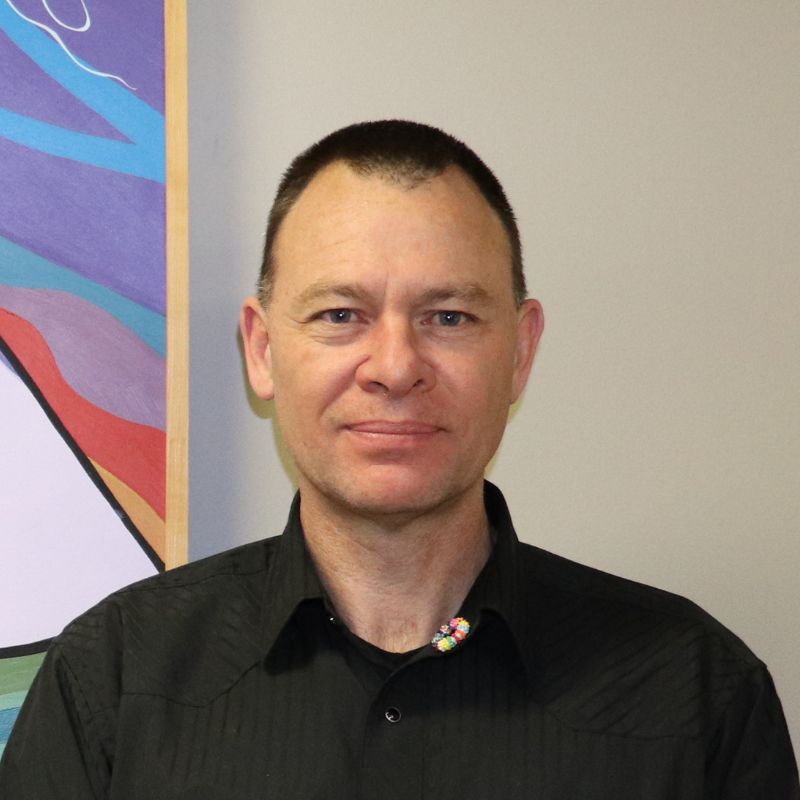 |
Dr. Simon Lambert Associate Professor | Department of Indigenous Studies, Executive Director NEIHR National Coordinating Centre
|

11:00 - 11:30 AM
Join Indigenous Studies PhD student Jenny Gardipy for 30 minutes of guided yoga focusing on the neck, shoulders, and breath work. Participants would benefit from a yoga mat, chair (optional), yoga blocks (optional).
About Jenny: Jenny Gardipy is a mother of six and Kokom of four from Beardy's and Okemasis First Nation in Treaty 6 Territory. Jenny is currently a PhD student in the Indigenous Studies Department at the University of Saskatchewan. Jenny received her 200-hour Yoga Training from the Saskatchewan Indigenous Yoga Association in August, 2019. Jenny started practicing yoga in 2017 as a result of an autoimmune disease and her unwillingness to go on more opioids. Jenny was close to 240 pounds prior to her first yoga class. Jenny believes yoga has saved her life.
It's more than wearing a sash: intergenerational understandings of Metis identity on the Prairies and digital storytelling
Dr. Robert Henry and Dr. Chelsea Gabel
Join Métis scholars Dr. Robert Henry (University of Saskatchewan) and Dr. Chelsea Gabel (McMaster University) for a conversation about issues related to Indigenous identity and the academy. Due to the current climate of Indigenous identity politics, specifically Metis identity, this conversation looks to examine the implications of Indigenous identity in the academy, but more broadly at the community level. They will be discussing their current research project on intergenerational understandings of Metis identity and wellbeing through digital storytelling and how this knowledge can help inform university policy on Indigenous specific hires and scholarships.
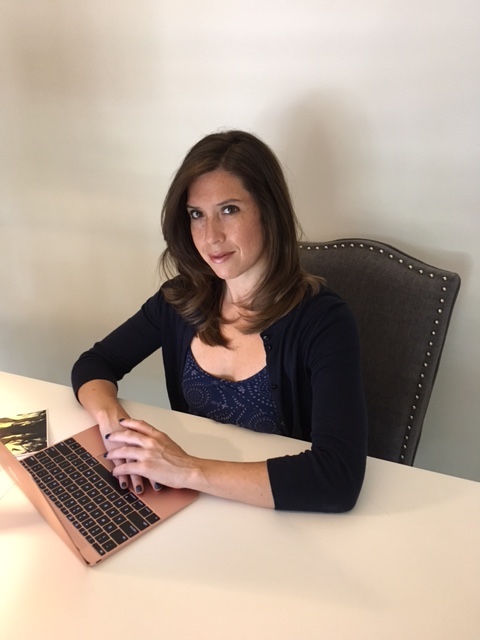 |
Dr. Chelsea Gabel | Research Chair in Indigenous Well-Being, Community Engagement, and Innovation, McMaster UniversityChelsea Gabel’s research explores the challenges faced by Indigenous peoples, particularly Indigenous elders and youth that are influenced by changes to traditional Indigenous knowledge and other interconnected health, social, economic, and political processes. Chelsea’s research is typically conducted in partnership with leaders in the community that she's working with. Her community partners help define project research questions, and in turn, the research helps to address issues that they are working with in daily practice. |
 |
Dr. Robert Henry | Assistant Professor, Department of Indigenous Studies, University of SaskatchewanDr. Henry is Métis from Prince Albert, Saskatchewan and is an Assistant Professor at the University of Saskatchewan in the Department of Indigenous Studies. Robert’s research areas include Indigenous street gangs and gang theories, Indigenous masculinities, Indigenous and critical research methodologies, youth mental health and visual research methods. Working closely with community partners, Robert works to create knowledge mobilization outcomes that reflect community needs and wants. He’s published a photovoice narrative collection with Indigenous male gang members titled Brighter Days Ahead (2013) and has recently submitted another collection in partnership with Indigenous females and their involvement in street gangs. Robert has also published in the areas of Indigenous masculinity, Indigenous health, youth subcultures and criminal justice. His current research focuses on the concept of survivance and its applicability within Indigenous research more broadly. |
Lunch provided
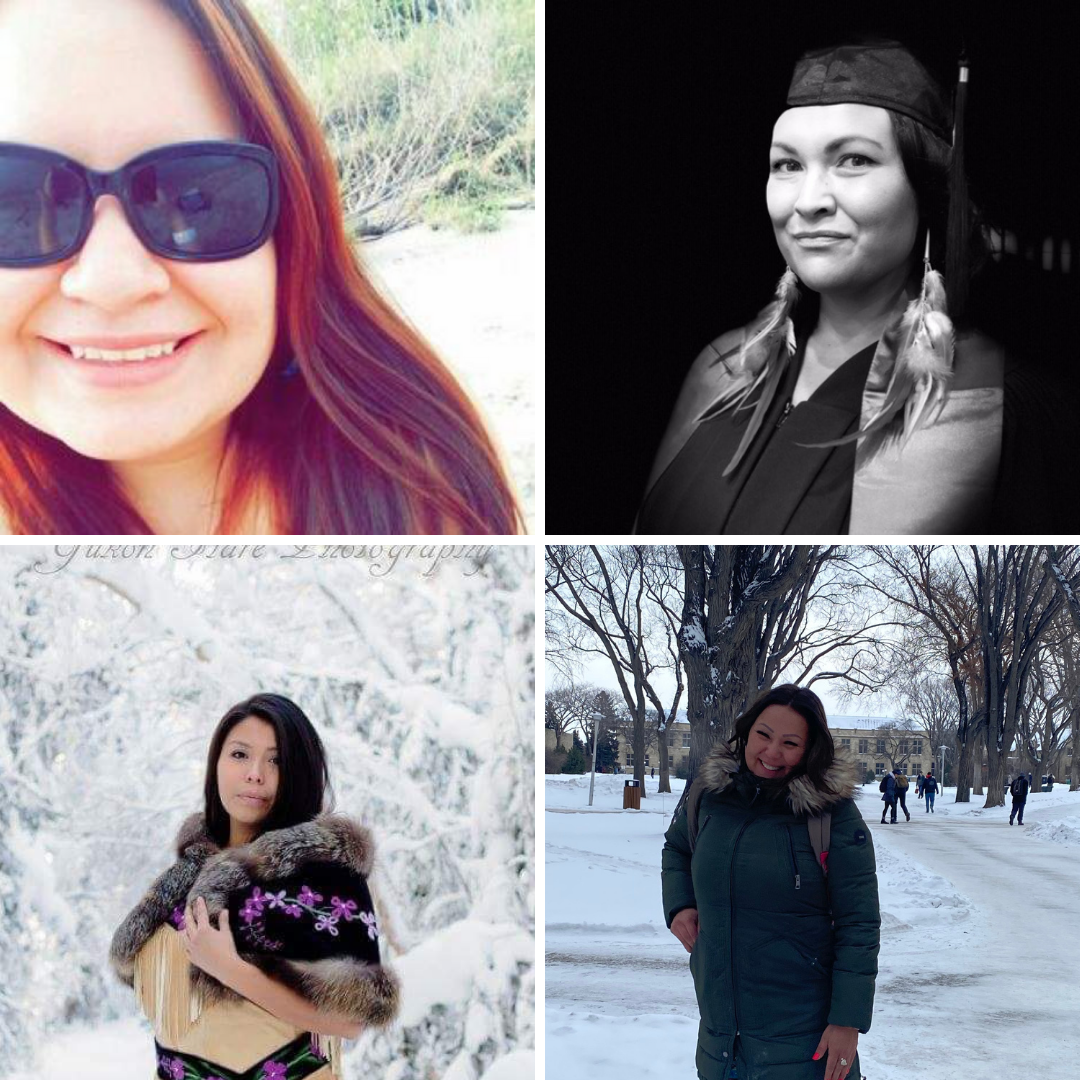
Mentor Moderator: Dr. Caroline Tait, Psychiatry
“SMART Indigenous Youth”
Ann Dorion, Masters of Public Policy student, Johnson Shoyama Graduate School of Public Policy
“Mixing Methodologies: Finding the ‘Right’ Theories for your Methods”
Christy Anderson, PhD Student, Department of Indigenous Studies, University of Saskatchewan
“Standing in the Matriarchal Footsteps of our Cree Ancestral Grandmothers”
Kathy McMullin, Community Health and Epidemiology, University of Saskatchewan
"Reclaiming Dakelh Voices"
Tina Alexis, PhD student, Department of Indigenous Studies, University of Saskatchewan
"The Hän Nation and Sweat Lodge Ceremonies"
Charmaine Christiansen, Masters Student, Indigenous Studies, University of Saskatchewan
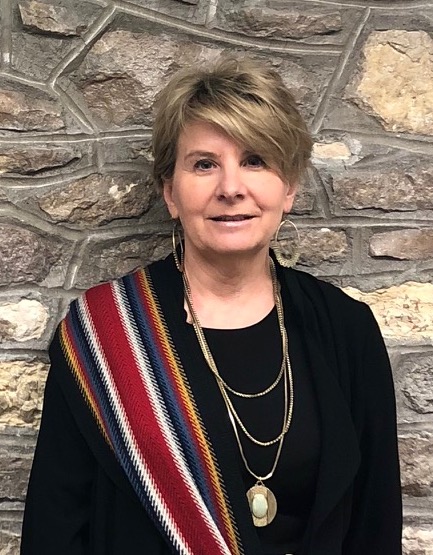 |
Dr. Caroline Tait Professor | Department of Psychiatry
|
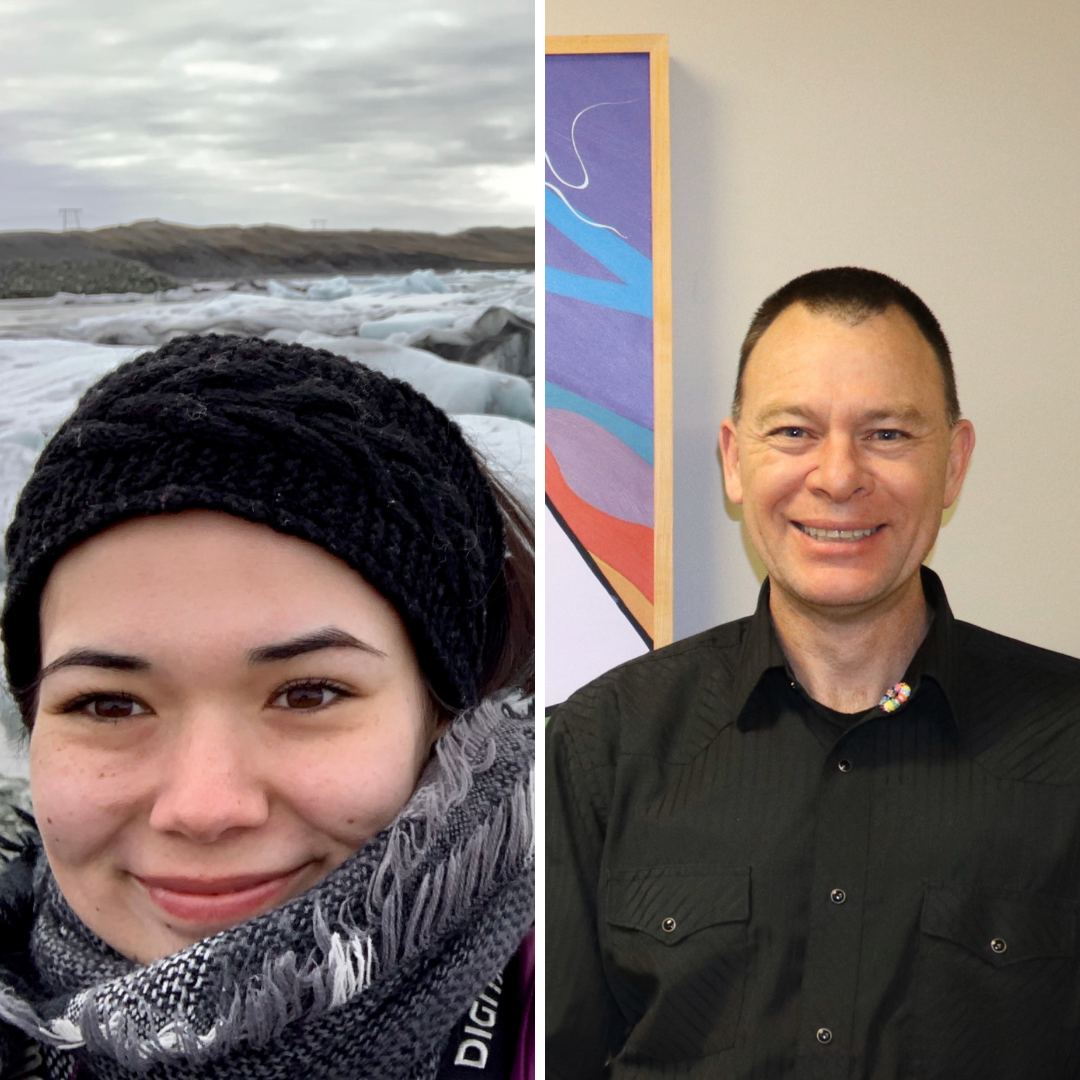
Who is considered ‘the greatest American athlete’? From what movie does the phrase ‘Hey Victor’ come from? Can you name all five current Indigenous NHL players?
Test your knowledge at our first Trivia Night hosted by Jacqueline Smith and Dr. Simon Lambert! No literature review required. Come as you are (virtually), meet new people, and win prizes!
Thursday, August 26
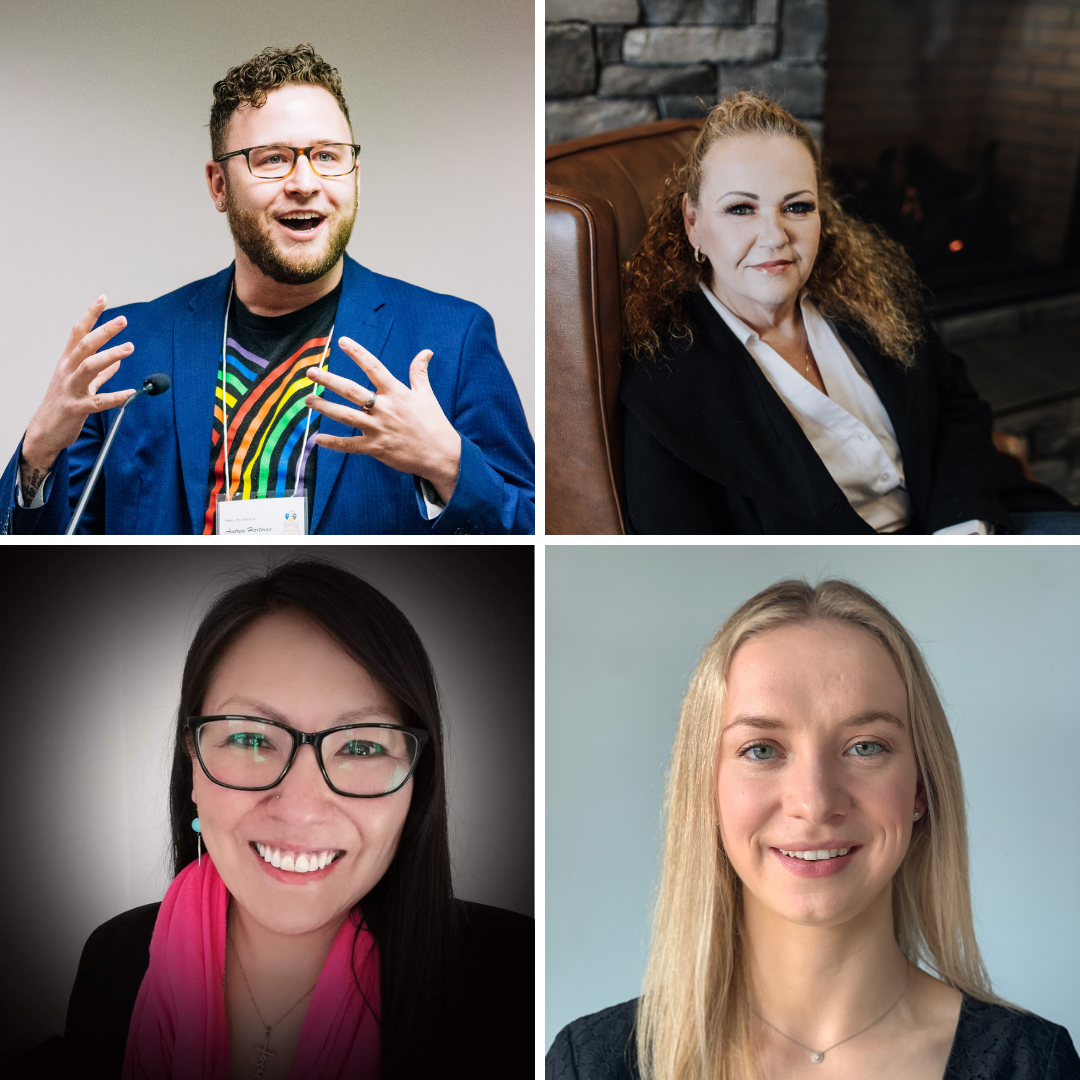
Mentor Moderator: Dr. Holly Graham, College of Nursing
Presenters:
“Inspiring Fieldwork: Finding and Constructing My Social Science Dissertation Topic”
Andrew Hartman, PhD student, Psychology, University of Saskatchewan
“Dangerous Offenders: The Perfect Storm”
Bonnie Marwood, Master of Laws student, University of Saskatchewan
"Journey of a Seed, a Métis specific cultural framework to integrate Métis culture into addictions treatment programming”
Indiana Best, Masters of Public Health Student, University of Saskatchewan
Research Presentation
Candace Gladeau, MISW Student, First Nations University of Canada/University of Regina
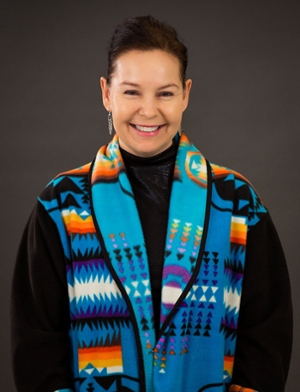 |
Dr. Holly Graham | CIHR Indigenous Research Chair in NursingDr. Holly Graham is a member of the Thunderchild First Nation, SK. She has worked as a Registered Nurse (RN) in a variety of northern communities, in addition to various other health care environments since 1985. Holly is an Assistant Professor in the College of Nursing, at the University of Saskatchewan and a CIHR Indigenous Research Chair in Nursing. She maintains an active practice as a Registered Doctoral Psychologist, working primarily with individuals who have experienced trauma and symptoms of posttraumatic stress disorder (PTSD). Holly’s research is focused on Indigenous health, mental health, and wellness. |
Join us for an informal scavenger hunt. You don't even need to leave your house!

Human Ethics at the University of Saskatchewan
All research projects at the University of Saskatchewan that involve human participants require approval from either the Biomedical or Behavioural Research Ethics Boards. Nick will present on seeking approval from the Boards. This presentation will include advice about how to answer questions and observations about common mistakes.
Nick Reymond has served as the Behavioural Research Ethics Specialist at the University of Saskatchewan since February 2018. Previous to that he was the Ethics Team Leader at the University of Auckland.
Lunch Provided

Following lunch, join Dr. Caroline Tait and Knowledge Keeper Judy Pelly as they help us close our 3rd Annual Gathering.
Student Presentations
Current graduate students are invited to give a 5-7 minute presentation on their research. To sign up, please fill out the Registration form. Indigenous graduate students registered at any post-secondary institution in Saskatchewan are encouraged to present their research! We also welcome Indigenous students conducting research in Saskatchewan and studying outside the province.
Format: 4-5 students per timeslot will present their research or proposed research for 5-7 minutes, followed by a Q and A period. Each session will be moderated by a faculty mentor. These presentations can be as formal or informal as you prefer. We recognize that students are at various stages of their programs and welcome all presentations no matter what stage you may be at.
*Student Stipend Recipients: If you're not able to attend any of the time slots, you can pre-record your presentation. For instructions on how to do so, click here or see below (please note we will be using Zoom for our event).
Powerpoint
Learn how to record your presentation with voiceover on Powerpoint or Loom here (please note we will be using Zoom for our event).
Please note: Loom instructions begin at 0:00 minutes and Powerpoint instructions begin at 6:10 minutes in the video.
To download Loom (can be used with Google slides, Powerpoint, PDFs, etc.)
Loom is a video recording tool that helps you get your message across instantly shareable videos. With Loom, you can record your camera, microphone, and desktop simultaneously. Your video is then instantly available to share through Loom’s patented technology.
(free) https://www.loom.com/download

